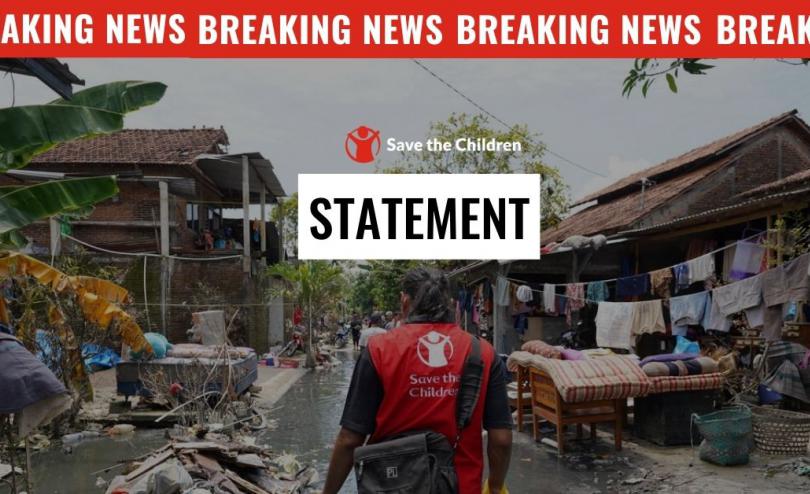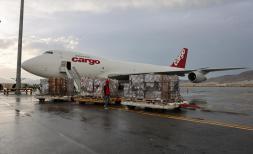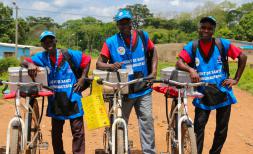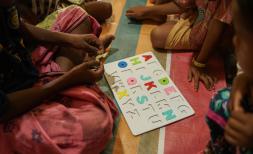Warring states must walk the talk to reduce the use of explosive weapons in civilian areas– Save the Children

OSLO, 22 April – States who signed a milestone declaration in 2022 to protect civilians from the use of explosive weapons in populated areas need to urgently implement its provisions, with more rather than less children killed by such weapons in the past 18 months, Save the Children said.
The calls come on the first day of a conference in Oslo to review implementation of the Political Declaration on Strengthening the Protection of Civilians from the Use of Explosive Weapons in Populated Areas. This Declaration was formally adopted by 80 states in November 2022 with three more states signing on since then.
The Declaration was designed to reduce the harm caused by explosive weapons like bombs, missiles and mortars on civilian populations, including children, with the conference meeting to take stock of implementation and discuss progress, opportunities and challenges, and the future follow-up of the Declaration.
Gunvor Knag Fylkesnes, Director of Advocacy and Communication at Save the Children Norway, said:
“In November 2022 States gathered in Dublin to agree new steps to tackle the humanitarian consequences arising from the use of explosive weapons in populated areas.
However, in the two years since this Declaration was adopted, we haven’t seen any reduction in the number of children killed or injured by explosive weapons. If anything, we see an increase.
In Ukraine, explosive weapons, including missiles, drones, aerial bombs, artillery, and rocket launch systems have accounted for 87% of the nearly 2,000 children killed or injured since the war escalated in February 2022. Last month was one of the most dangerous for children in the Ukraine conflict in recent times, with at least 57 children killed or injured, including four children – the youngest a three-month-old baby–injured in a single bombing.
In February two children were killed and three others seriously injured in southern Yemen following a landmine explosion. The five children, aged between nine and 10, were playing in their village when they accidentally triggered the explosive device. In 2023, more than half of the 284 children killed and injured in Yemen were due to landmines and unexploded ordinance.
Over 14,000 of Gaza’s 1.1 million children - or more than 1% of the total child population – have been killed since an attack on Israel on 7 October and the war on Gaza that has followed. The use of air-dropped explosive weapons by Israeli forces, combined with the intensity and frequency with which they are used in densely populated areas in Gaza, have had devastating consequences for Palestinians. Children that have been maimed and suffering physical injuries also have little option for medical care or treatment.
In any conflict involving explosive weapons, children are seven times more likely to die from blast injuries than adults. They tend to experience different types of injuries than adults and require specialist care that accounts for their physiology and growth. Research on the best ways to treat child-specific blast injuries lags far behind research for injured adults.
More needs to be done, now, to reduce the use of these devastating weapons. Save the Children is calling for all parties to the conflict to end the use of explosive weapons in populated areas, prioritize the clearance of explosive ordnance with long-lasting impacts and provide explosive ordnance risk education to safeguard children.”
Save the Children contributed to the development of the Declaration which recognises that children have unique vulnerabilities to the impacts of the use of explosive weapons. Now we stand ready to support states in their implementation of this pivotal document.




